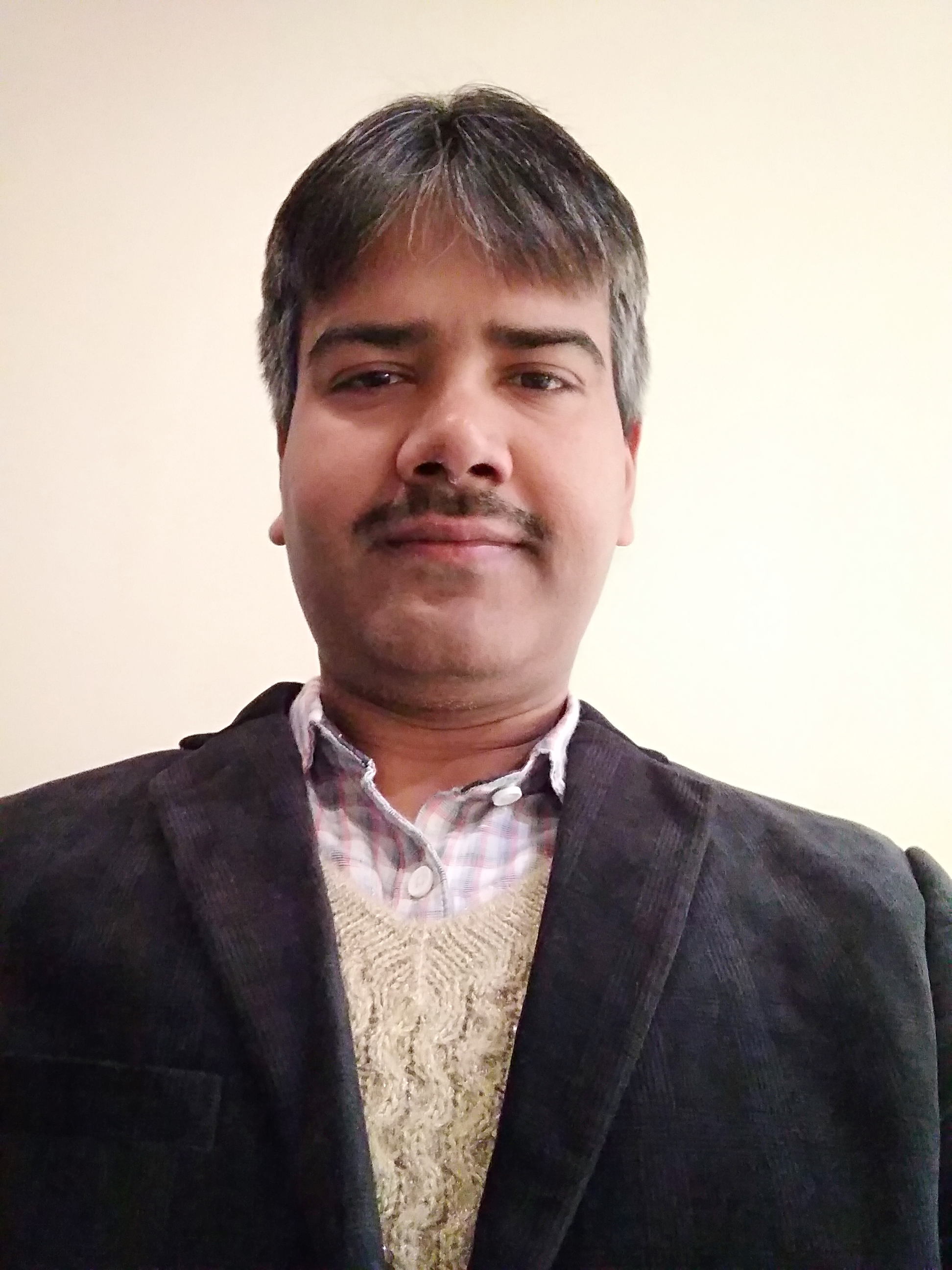Profile
I am a group leader of the Cancer Epigenomics Laboratory (CEL) at the National Institute of Immunology (NII), New Delhi, India. Our research program is to understand how epigenetic mechanisms contribute to cancer pathogenesis, genomic instability, and cancer immunotherapy. We are employing cellular and molecular biology approaches with genomics to study the function of histones and chromatin modifiers under an interdisciplinary research program. Our goal is to understand the mechanisms of histone mutations in tumor progression. Furthermore, we propose to enhance the antitumor potential of Chimeric antigen receptor (CAR) T cells by manipulating chromatin modifiers. Over the course of my research career, I was trained primarily as a biochemist, molecular cell biologist, and geneticist. During that period, I learned about proteins and their complexes in various systems, including protozoan parasites and yeast cells. We aim to develop cellular and chemotherapeutics in cancer management.
Current Focus Areas
1. The role of “Readers” and “Erasers” proteins in the DNA Damage Response (DDR) pathway We are focusing on demethylases and Bromodomain proteins, to identify novel synthetic lethal genetic interactions of “readers/writers “protein with DDR pathway genes.
2. Understanding the oncogenic and biological effect of cancer-associated histone H3 and H4 mutations Very high-frequency Histone H3 genes at highly conserved amino terminus residues (K27, K36, and G34) are mutated in pediatric high-grade gliomas, and other cancers. We will study their role in cancer progression.
3. Identifying functions of histone demethylases to enhance the antitumor potential of chimeric antigen receptor (CAR) T cell CAR T cell therapy is successful in hematological cancers but its potential for solid tumors remains elusive. We are working to identify the combination therapy for cancer management.
Selected Publications
1. Yadav RK*, Matsuda A*, Lowe BR, Hiraoka Y, Partridge JF. Subtelomeric Chromatin in the Fission Yeast S. pombe. Microorganisms. 2021; 9(9):1977. *Authors contributed equally to this work
2. Lowe BR, Yadav RK, Henry RA, Schreiner P, Matsuda A, Fernandez AG, Finkelstein D, Campbell M, Kallappagoudar S, Jablonowski CM, Andrews AJ, Hiraoka Y, Partridge JF. Surprising phenotypic diversity of cancer-associated mutations of Gly 34 in the histone H3 tail. eLife. 2021 Feb 1; 10: e65369, PMID: 33522486
3. Yadav RK, Ali A, Kumar S, Sharma A, Baghchi B, Singh P, Das S, Singh C, Sharma S. CAR T cell therapy: newer approaches to counter resistance and cost. Heliyon. 2020 Apr 16; 6(4): e03779. PMID: 32322738
4. Yadav RK, Jablonowski CM, Fernandez AG, Lowe BR, Henry RA, Finkelstein D, Barnum KJ, Pidoux AL, Kuo YM, Huang J, O'Connell MJ, Andrews AJ, Onar-Thomas A, Allshire RC, Partridge JF. Histone H3G34R mutation causes replication stress, homologous recombination defects and genomic instability in S. pombe. eLife. 2017 Jul 18; 6: e27406. PMID: 28718400
5. Kallappagoudar S*, Yadav RK*, Lowe BR*, Partridge JF Histone H3 mutations-a special role for H3.3 in tumorigenesis? Chromosoma. 2015 Jun;124(2):177-89 PMID:25773741*Authors contributed equally to this work
